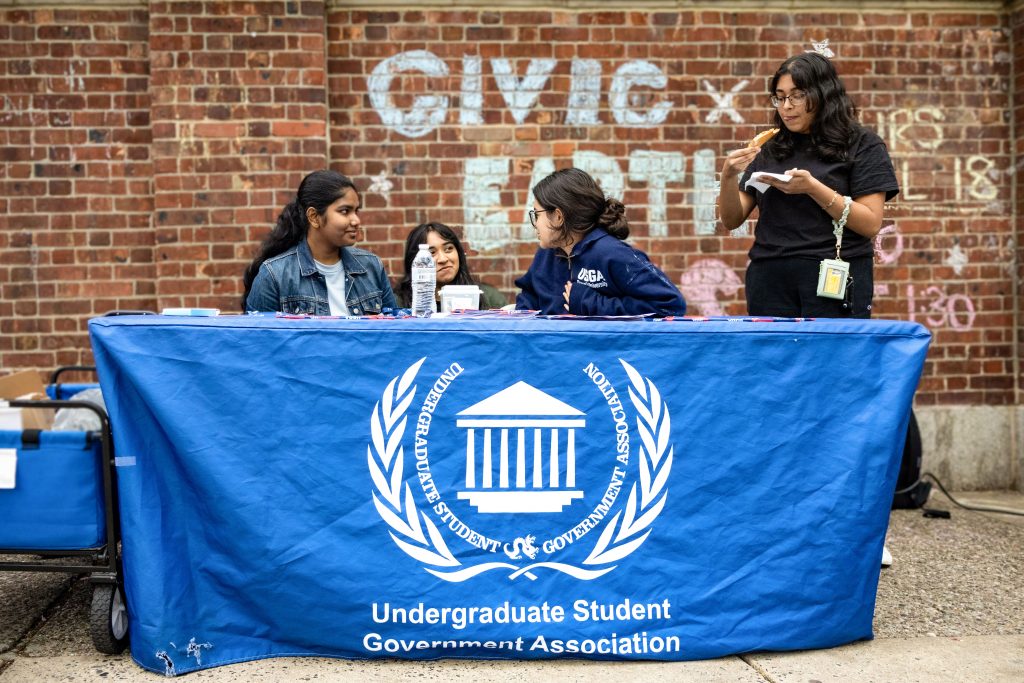
In no democratic world does the current government elect the next government. In no world, that is, except at Drexel University. With “election” season coming, it is important to note that the senators of the Undergraduate Student Government Association (USGA) are not actually elected.
After a prospective student senator receives 50 nominations from any undergraduate student (~0.36% of the undergraduate body), the prospective senator must be elected by at least ⅔ of the currently sitting representatives. For spring term elections, this means that the only people actually voting are non-returning students and seniors who will not have to bear the consequences of the decisions of a future government.
USGA purports its mission to be “to fairly represent the Drexel Student Body and to foster relations between the students and the University community. This organization exists to be the official voice and advocate on behalf of the undergraduate student body to the Drexel University administration.”
It is a bit ironic for an undemocratic government to claim to be the official voice of the undergraduate student body. After all, prospective senators campaign not to the undergraduate student body but to mostly graduating seniors in the government. If I had to pick someone to replace me, who would I pick? I would probably pick the student that I believe most closely represents my views. Thus, the student government’s views remain constant and unchanging year after year even if the views of the overall student body have changed. Over time, opinions can diverge so greatly that USGA no longer speaks for all students, rendering it illegitimate. Student senators that disagree with everyone else can risk future committee chair positions and even their re-election.
But wait! The president and vice president are directly elected by the entire student body. The president has the power to veto legislation and speak for the students. However, having two out of 52 students (3.8%) be elected does not make a government democratic. The veto power is usually insignificant anyway because most USGA work is done through initiatives which are started not by any formal action of USGA but by a single student senator seeking change. Most importantly, the president and vice president are required to have previously served in USGA for at least three quarters which means they still exhibit like-mindedness with the rest of the government.
The effects of disenfranchisement can be seen playing out. For example, USGA’s bylaws require student senators to fulfill civic engagement event requirements. These events are held in-person. This prevents Drexel’s thousands of online students from gaining representation in the government which means USGA cannot advocate on their behalf. USGA has also been relatively superficial in their advocacy and have typically worked on minor initiatives like putting chalk in the Recreation Center and spreading awareness about holding doors open while taking no action to challenge Drexel’s administration on larger campus issues that draw the attention of many students like RA unionization.
The undergraduate students of Drexel University must demand their government to do better, and USGA needs to amend their selection process to allow students to democratically elect their government.

